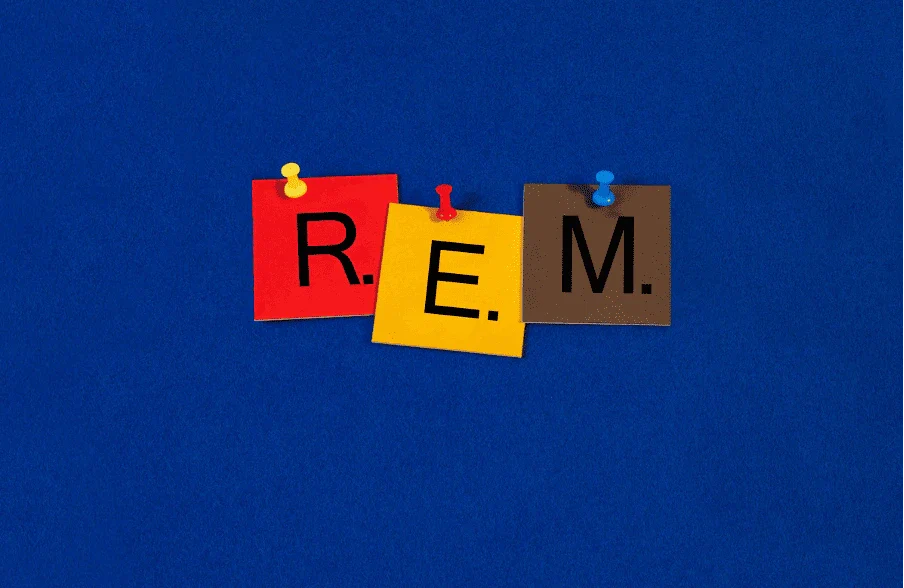Your Cart is Empty
TIPS


“The Science of a ‘Tired but Wired’ Brain”
BY Dositive
Sep 10, 2025

Intro
Ever drag yourself through the day, exhausted… only to hit the pillow and suddenly feel like you just drank a double espresso? That maddening state of being tired but wired is one of the biggest complaints from people struggling with sleep after 50.
It’s not in your head. It’s in your biology.
1. What Does ‘Tired but Wired’ Actually Mean?
Your body is crying out for rest — you’re yawning, heavy-eyed, sluggish. But when you lie down, your nervous system refuses to cooperate. Instead of winding down, your brain buzzes. Your heart pounds. You feel jittery, restless, almost on edge.
It’s the perfect storm: total physical depletion colliding with a brain that can’t shut off.
2. Why It Happens
Several culprits gang up here:
- Cortisol spikes: Your stress hormone stays elevated at night, keeping your body in “go mode.”
- Broken brain thermostat: As we age, the brain’s natural ability to cool by 2–3 degrees before sleep weakens — so the “sleep switch” never flips.
- Hormonal shifts: Menopause and andropause throw sleep-regulating systems out of balance.
The result? Your body says “rest,” but your brain screams “stay awake.”
3. Why Sleep Hygiene Doesn’t Fix It
This is why the usual advice — dim the lights, take a bath, avoid screens — often feels useless. Those tricks don’t repair a brain stuck in overdrive.

4. How to Quiet the Wired Brain
The key is restoring the natural systems your body already has to power down:
- Brain cooling (glycine): Activates the body’s natural heat-release mechanism so the brain temperature drops into sleep mode.
- Nervous system balance (magnesium): Calms overactive signals so you can slide into deeper cycles.
- Stress protection (L-theanine): Keeps late-night cortisol and racing thoughts from hijacking the night.
When these systems are supported, your body and brain finally sync back up — and sleep feels natural again.

Being “tired but wired” isn’t a personal failure, and it’s not just part of aging. It’s biology out of tune.
The good news? Once you restore your brain’s natural cooling, calming, and REM-regulating systems, you’ll fall asleep like you used to — not because you forced it, but because your body finally remembers how.





